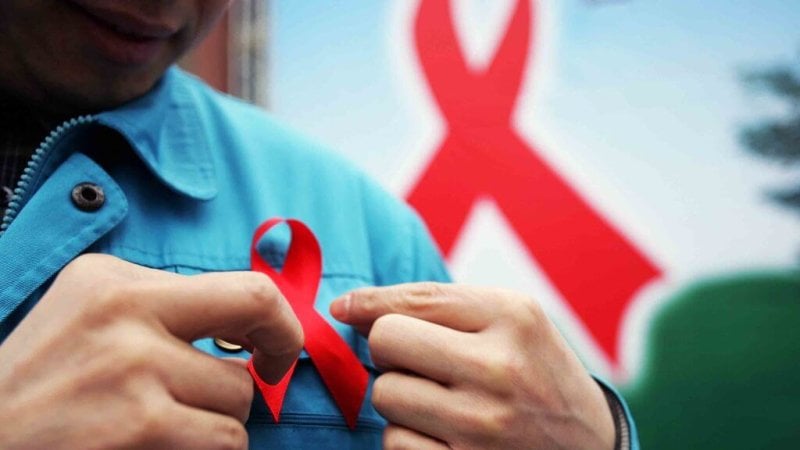Researchers at UCSF have received a three-year, $1.6 million grant to advance their work using novel gene-editing technology to make human blood cells less susceptible to HIV infection.
The grant, from biopharmaceutical giant Gilead Sciences, a global leader in sales of HIV treatments, will fund a team of scientists working to modify the DNA of a type of white blood cell to make them immune to HIV infection.
…
“The tricky thing about HIV, and one reason it’s so hard to cure, is that it can hide in the DNA of the human cells,” said Joe Hiatt, a doctoral student of medicine and philosophy in Marson’s lab and a leader in the research initiative. “It becomes DNA and integrates into your DNA.”
The problem has perplexed researchers for years. But [lead researcher Alex] Marson and Hiatt see potential for using CRISPR to discover which genes control HIV latency. They hope to use the gene-editing tool to create latent HIV cells in test tubes, and then modify the DNA in those cells to see which edits may coax the HIV out of hiding and make it susceptible to drugs. This will be the most challenging and complicated part of the research. If done successfully, it could lead to the development of drugs that target latent HIV — and perhaps cure HIV permanently.
The GLP aggregated and excerpted this blog/article to reflect the diversity of news, opinion, and analysis. Read full, original post: How CRISPR gene-editing tech can fight HIV































